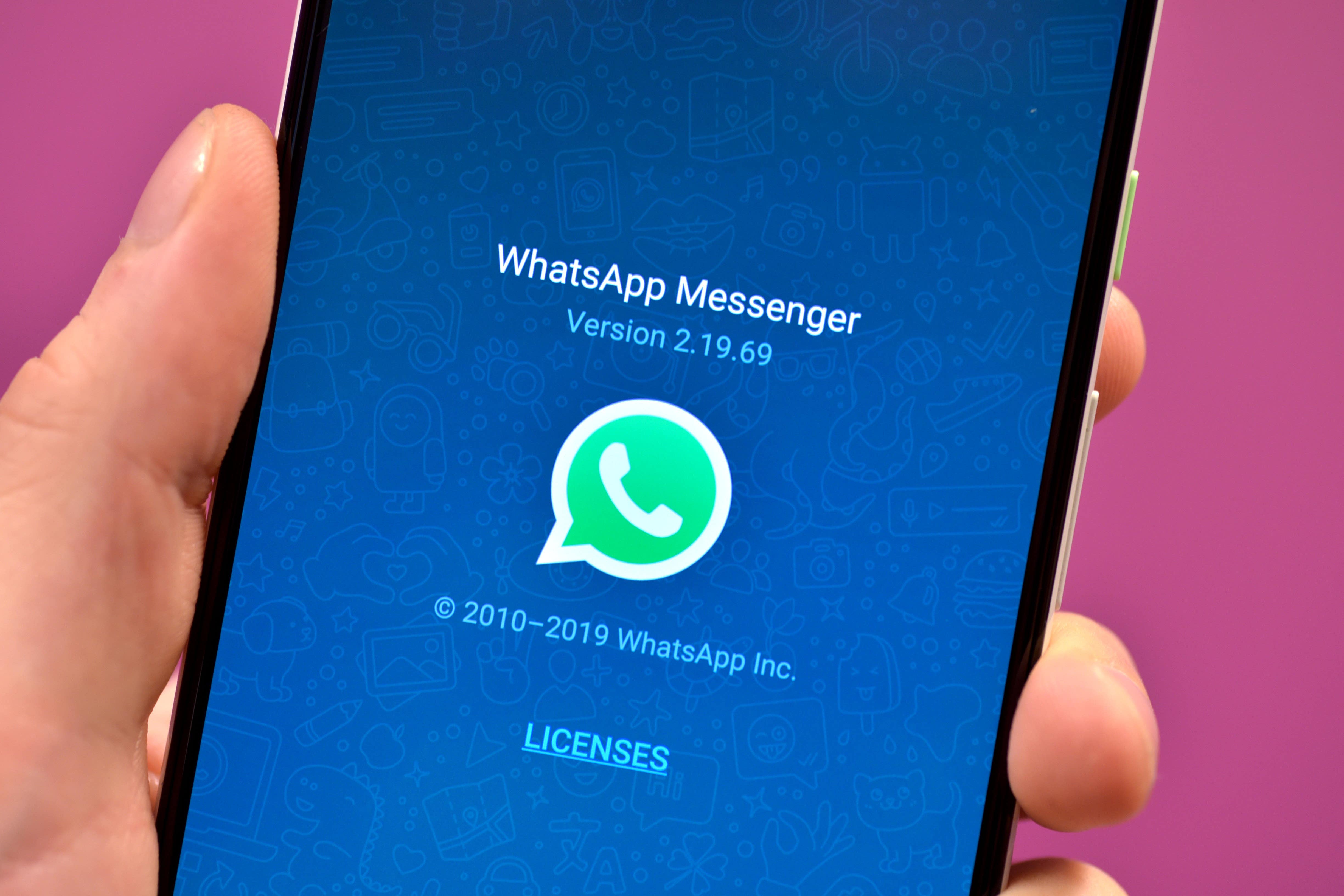How to stay out of trouble on WhatsApp at work
Two Labour MPs now suspended from party over alleged inappropriate messages on app
As Labour is embroiled in a scandal over leaked messages from a WhatsApp group, some people have been left wondering about what they should and should not be doing on the app while at work.
Keir Starmer is facing calls to widen the party’s investigation into alleged inappropriate WhatsApp messages after the Mail on Sunday revealed the existence of a chat reportedly called “Trigger Me Timbers”.
Labour MP Oliver Ryan admitted he made “unacceptable and deeply disappointing” comments before he was suspended just after former health minister Andrew Gwynne was sacked over the “offensive” nature of some of the alleged messages.
With the rise of work-from-home culture, the lines between the personal and the professional have continued to blur. This has left some staff unsure about where this line is drawn when it comes to whether online activities are completely private or, in theory, could get you into trouble at work.
The app was the world’s most popular mobile messenger app last year, according to Statista, with around two billion monthly active users.
Below, The Independent takes a look at the rules surrounding employers and employees when it comes to online surveillance and privacy, especially on WhatsApp – and what you should definitely avoid doing.

Are any online interactions ever completely private?
The short answer is no – even if you are working at home, or using a personal device.
Most employment contracts, when you examine them, give the company the absolute right to intrude into almost anything you do while using its equipment, working on its premises, or working on its behalf.
When it comes to web browsing or any emails you send, or receive, if you’re using a company computer or smartphone, or even your own computer or phone connected via VPN to the company servers, or your own phone with a company sim card, then the firm has the right to observe anything at all you send and receive, with email being unencrypted.
It also has the ability, and right, to look at which sites you visit, and which apps you use to do your browsing. In the latter case, if you were to start a browser specifically required to access the dark web, then even though the employer could not see what you were browsing, the system would probably raise a flag with monitoring software. Companies are often obliged legally to retain this data in case of future lawsuits from inside or outside the business.
If you’re using a company phone and sim card, the company can see which numbers you call, and for how long. Conversations on a desk phone might be recorded: again, some companies, especially in financial services, are obliged to do this and it will be written in the small print of your contract.
When it comes to social media, to some extent, this is your own – but companies will have rules about not bringing the business into disrepute. This can, of course, be interpreted retrospectively, so that if you get into hot water with your employer, your old social media posts can come back to haunt you.
Even typing on a keyboard could be exposing. Some companies use monitoring software that can record individual keystrokes on computers. Even our desks and working areas can be monitored for how much activity is taking place.

But what about WhatsApp?
The end-to-end encryption that WhatsApp offers doesn’t provide employees with all the protection some believe it does. Even if you’re using the app, bosses can still get hold of your messages in some cases if they really want to.
Some WhatsApp messages, even informal or off-the-record conversations, can be legally disclosable, such as under a Subject Access Request (SAR), or a Freedom of Information (FOI) request. They can also be disclosed in disciplinary hearings and tribunals, with a high-profile example of this being when damning private government WhatsApp messages were uncovered as part of the UK Covid inquiry.
In other words, there are always scenarios when employees’ WhatsApp messages could be revealed to their employers.

What should you therefore avoid doing on the app?
- Consider how whatever it is you are writing, sharing, or interacting with would look if it were to get out beyond the confines of that conversation, or screengrabbed and sent to someone else or posted online.
- Remember that anything put online, even in private messages, is out there forever. So if you don’t want that momentary reaction to be unearthed from deep in your inbox years later, then just say it in person – in other words, don’t forget that an online conversation leaves a paper trail.
- Be aware of group chats. If you simply have to share something instantaneously via, for example, a WhatsApp message, try to stick to just one close friend rather than firing over a string of messages to dozens of acquaintances in a group chat. The latter inevitably increases the chance your message will be shared even more widely.
Join our commenting forum
Join thought-provoking conversations, follow other Independent readers and see their replies
Comments
Bookmark popover
Removed from bookmarks